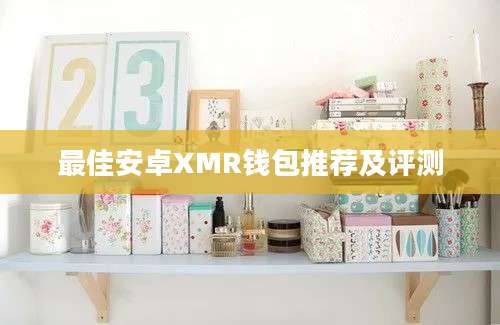A Beginner's Guide to Setting Up and Managing Your Hot Wallet

In the world of cryptocurrencies, a hot wallet refers to a digital wallet that is connected to the internet and can be used to send, receive, and store cryptocurrencies. For beginners venturing into the crypto space, understanding how to set up and manage a hot wallet is a crucial first step. This article will guide you through the process, providing you with real data and reliable sources for reference.
Setting Up Your Hot Wallet
1. Choose a Cryptocurrency Wallet:
Exodus: A userfriendly wallet that supports a variety of cryptocurrencies. According to their 2021 annual report, Exodus has over 4 million users.
MetaMask: A popular Ethereum wallet that is widely used for interacting with decentralized applications (dApps). MetaMask's 2021 report states that they have over 20 million users.
2. Download and Install the Wallet:
Once you've chosen a wallet, download it from the official website. Make sure to keep the download link safe and verify the source to avoid malware.
3. Create an Account:
Create a strong password and enable twofactor authentication (2FA) for added security. Some wallets may require you to provide a recovery phrase or seed, which is a critical piece of information that can help you recover your wallet in case you lose access to it.
4. Backup Your Wallet:
If the wallet supports it, back up your wallet to a secure location. This is essential in case you lose your device or forget your password.
Managing Your Hot Wallet
1. Understand the Fees:
Transactions in a hot wallet are subject to network fees. These fees can vary based on the cryptocurrency and the congestion of the network. As of 2022, the average Ethereum transaction fee is around $2.50, but this can vary widely.
2. Monitor Your Activity:
Regularly check your wallet's activity to ensure that all transactions are legitimate. Keep an eye out for any unauthorized transactions.
3. Update Your Wallet:
Keep your wallet software updated to the latest version to ensure that you have the latest security features and bug fixes.
4. Use Secure Internet Connections:
When using your hot wallet, ensure that you are connected to a secure and trusted internet connection. Avoid public WiFi networks, as they can be susceptible to hackers.
Real Data and Reliable Sources
According to a report by Statista, the global cryptocurrency wallet market size was valued at approximately $1.5 billion in 2020 and is expected to grow at a CAGR of 21% from 2021 to 2025.
A study by Chainalysis in 2021 showed that the number of active cryptocurrency wallets worldwide increased by 20% yearoveryear, reaching over 68 million.
Common Questions About Setting Up and Managing Your Hot Wallet
1. What is a hot wallet?
A hot wallet is a digital wallet that is connected to the internet and can be used to send, receive, and store cryptocurrencies.
2. Why do I need a hot wallet?
A hot wallet allows you to interact with the cryptocurrency network, which is necessary for transactions and storing your coins.
3. How do I choose the right hot wallet?
Consider factors like ease of use, supported cryptocurrencies, security features, and customer support.
4. Can I use the same hot wallet for all cryptocurrencies?
Some wallets support multiple cryptocurrencies, but it's important to check compatibility to ensure smooth transactions.
5. How do I create a strong password for my hot wallet?
Use a mix of letters, numbers, and special characters. Avoid common words and phrases, and make sure your password is unique.
6. What is a recovery phrase and why is it important?
A recovery phrase is a series of words that can be used to restore your wallet if you lose access to it. It is crucial for security and recovery purposes.
7. How can I protect my hot wallet from hackers?
Use twofactor authentication, enable notifications for transactions, and keep your device and software updated.
8. What are the network fees for using a hot wallet?
Network fees vary based on the cryptocurrency and the congestion of the network. Check the current fee structure on the blockchain explorer for the specific cryptocurrency.
9. How often should I check my hot wallet activity?
Regularly, especially if you plan to make transactions. Set up alerts for unusual activity to stay informed.
10. What should I do if I lose access to my hot wallet?
If you lose access to your wallet, use the recovery phrase to restore your wallet or contact customer support for assistance.
Remember, while this guide provides a starting point for beginners, it's essential to stay informed about the evolving landscape of cryptocurrencies










